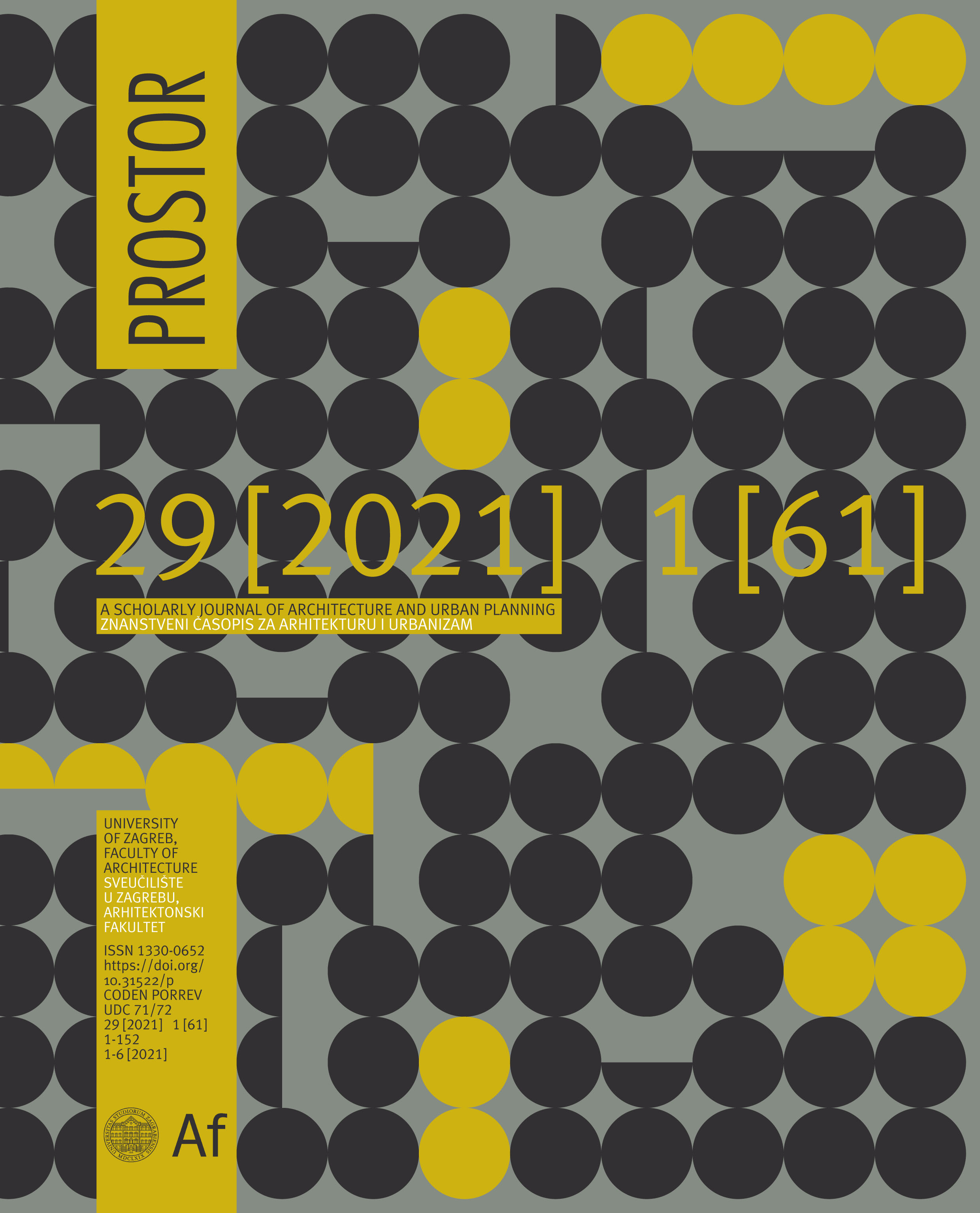Influence of Technology on Socio-spatial City Development
Reflections on some 20th Century Ideas
DOI:
https://doi.org/10.31522/p.29.1(61).9Keywords:
city development, digitalization, informational city, socio-spatial aspect, technological influenceAbstract
This paper is studying influence of new technologies on city development with accent on socio-spatial dimension. The primary goal of the paper is to point out the reflections of earlier ideas in the context of modern technological processes in cities. All social, technical and technological components of a community, and finally civilization, are reflected within space of the city. Although having remained the greatest consumer of many material goods, city has also become a ‘’producer’’ of many technical-technological and spiritual values of civilization. Taking into account acceleration of phenomena in the world of technology and technology featuring modernity, it reasonably brings a question on realistic chance for prediction of their further course and related social changes that are about to cause it. In many scenarios of urban future, one can sense the idea of a city as a result of high technological achievements of civilization. Special attention is paid on informational city which, connecting a lot of people into systems of interactive information technology change the way of their mutual communication, as well as their social life and culture of behaviour. Measure of organization and function of city is set by telecommunication technologies, information, and computers. If city is a ‘’print of a society in space’’, then a contemporary moment refers to ‘’digitalization’’ of human beings, digitalization of their interactions, new aesthetics, value and other criteria. The tendency of this paper is to contribute to the understanding of new technologies on 21st century cities interpreted primarily through the prism of certain theoretical and experimental ideas and concepts of the 20th century.
Downloads
Published
How to Cite
Issue
Section
License
Copyright (c) 2021 Ljiljana Vujadinović, Svetlana Perović

This work is licensed under a Creative Commons Attribution 4.0 International License.
Copyright (c) 2021 authors and journal.
This work is licensed under a Creative Commons Attribution 4.0 International License.
Authors who publish with this journal agree to the following terms:
In agreeing this form, you certify that:
- You read the ethical codex of the PROSTOR available at journal web.
- You submitted work is your original work, and has not previously been published and does not include any form of plagiarism.
- You own copyright in the submitted work, and are therefore permitted to assign the licence to publish to PROSTOR.
- Your submitted work contains no violation of any existing copyright or other third party right or any material of an obscene, libellous or otherwise unlawful nature.
- You have obtained permission for and acknowledged the source of any illustrations, diagrams or other material included in the work of which you are not the copyright owner.
- You have taken due care to ensure the accuracy of the work, and that, to the best of your knowledge, there are no false statements made within it.
- All co-authors of this submitted work are aware of, and in agreement with, the terms of this licence and that the submitted manuscript has been approved by these authors.







